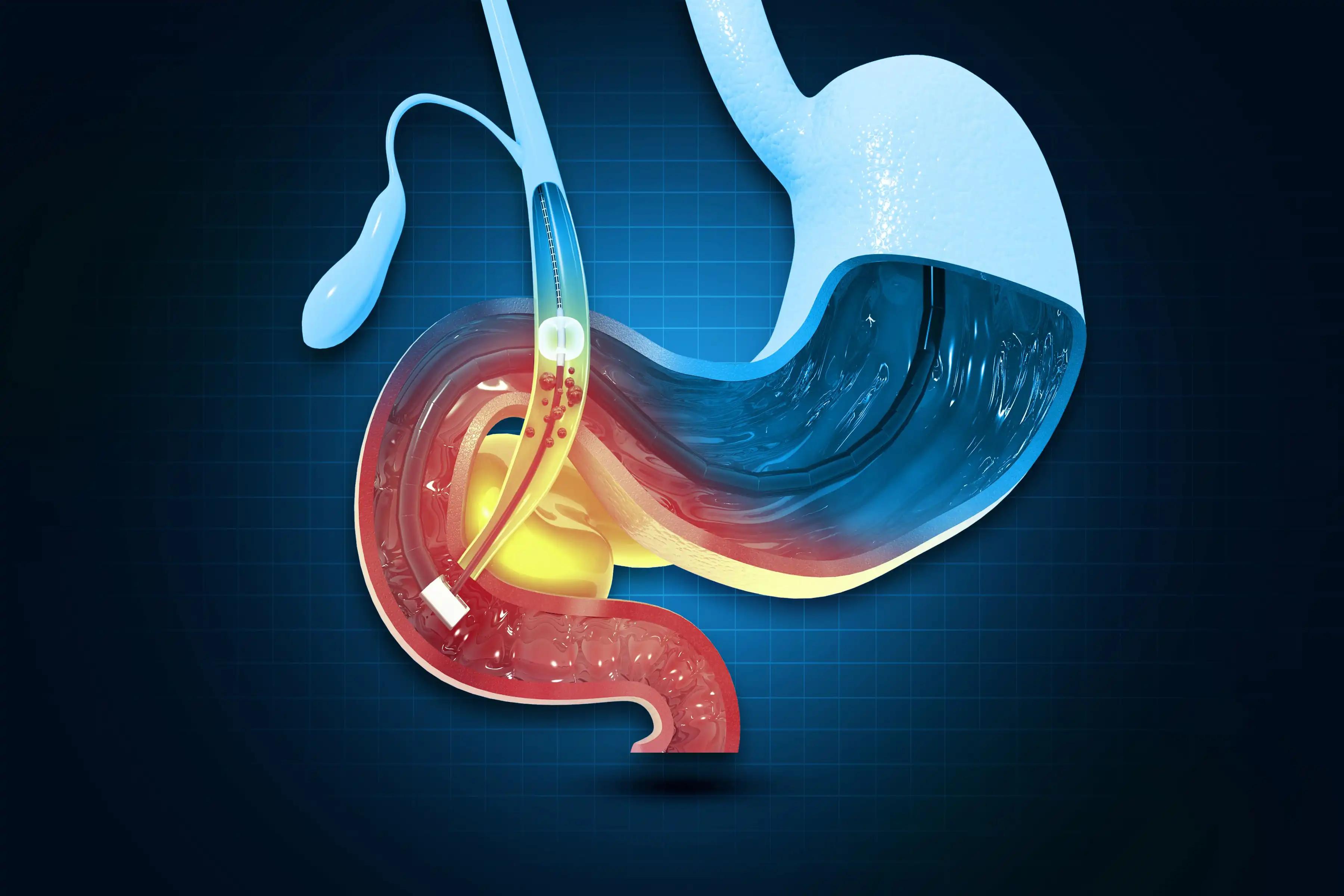KEY TAKEAWAYS
- The study aimed to explore GAs in U vs.NU adenoCas to identify therapeutic targets.
- The PIK3CA and ERBB2 are potential targets, with rare anti–PD-(L)1 biomarkers, highlighting CGP’s role in personalized treatment.
Urachal (U) and non-urachal (NU) bladder adenocarcinomas (adenoCas), while histologically similar, differ in their location and sometimes in treatment options. These variations in bladder cancer highlight the need for a deeper understanding of their genomic alterations (GAs).
Antonio Cigliola and the team aimed to analyze the differences in GAs between U and NU bladder adenoCas to identify potential therapeutic targets for clinical trials.
Researchers analyzed 133 U and 328 NU adenoCas. Comprehensive genomic profiling (CGP) using hybrid capture was conducted to assess various GAs classes. Germline status was predicted with a validated computational method for somatic and germline variations. The CGP was carried out using FoundationOne and FoundationOne CDx assays by Foundation Medicine, Inc.
Results indicated that in both U and NU adenoCas, TP53 and KRAS were the most common GAs (86.5% vs. 81.1% and 34.6% vs. 27.7%, respectively). The U tumors had more alterations typical of colorectal cancer, like SMAD4 (P=0.069) and GNAS (P=0.071), while NU tumors had more TERT (P<0.01) and RB1 (P=0.071). Both types showed potentially targetable alterations in PIK3CA (7.5% vs. 7.9%) and ERBB2 (6.8% vs. 7.6%).
Anti-PD-1/L1 biomarkers were rare, with median tumor mutational burdens of 2.6 for U and 3.5 for NU, and PD-L1 expression >1% was rare. Genomic signatures were similar between the 2 types, and GAs were most commonly somatic. The study faced limitations like a lack of clinical data and tumor heterogeneity.
The study concluded that GAs in U and NU adenoCas differ, with PIK3CA and ERBB2 identified as potential therapeutic targets. Biomarkers for anti–PD-(L)1 response were rare, emphasizing the role of CGP in personalizing bladder adenoCas treatment and trial design.
Research was funded by Pfizer, Bristol Myers Squibb, Merck, QED Therapeutics, GlaxoSmithKline, Mirati Therapeutics, EMD Serono, G1 Therapeutics, Gilead Sciences, Acrivon Therapeutics, ALX Oncology, Genentech, FKD Therapies, Photocure, SWOG, Patient-Centered Outcomes Research institute (PCORI), enGene, Arquer Diagnostics, Seagen, Foundation Medicine, Merck Sharp & Dohme, AstraZeneca.
Source: https://pubmed.ncbi.nlm.nih.gov/39151108/
Cigliola A, Basnet A, Jacob JM, et al. (2024). “Urachal and Nonurachal Adenocarcinomas of the Urinary Bladder: A Comprehensive Genomic Profiling Study.” JCO Precis Oncol. 2024 Aug;8:e2400200. doi: 10.1200/PO.24.00200. PMID: 39151108.



